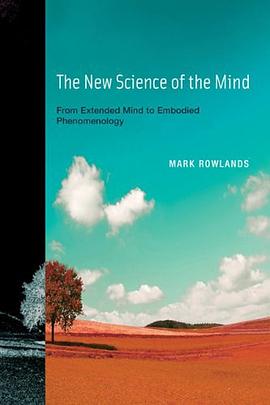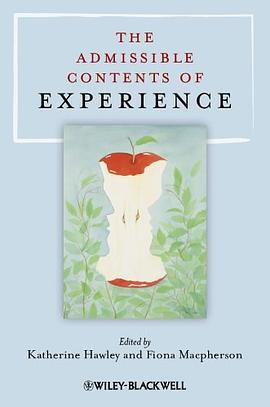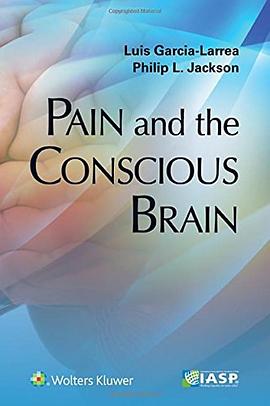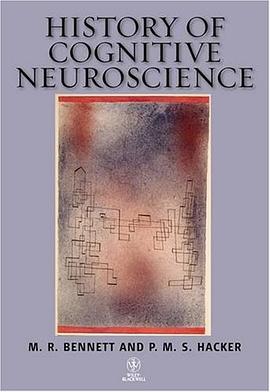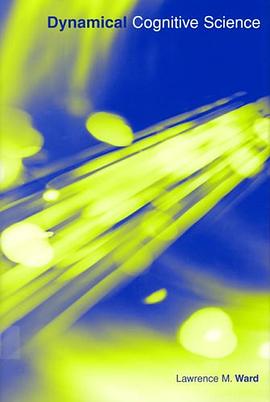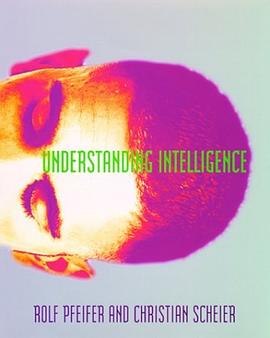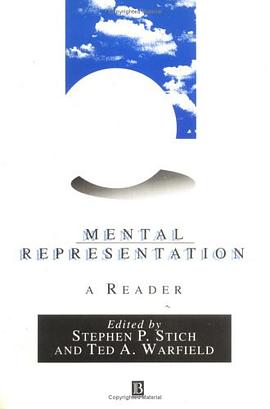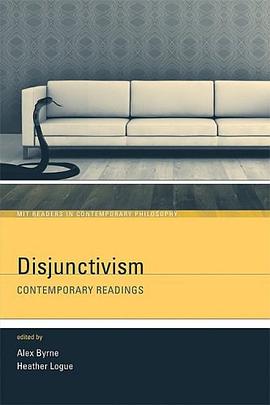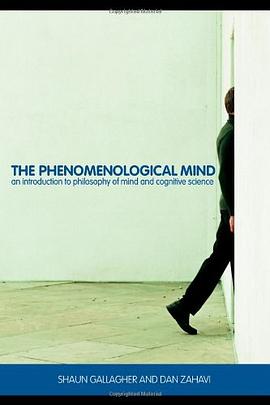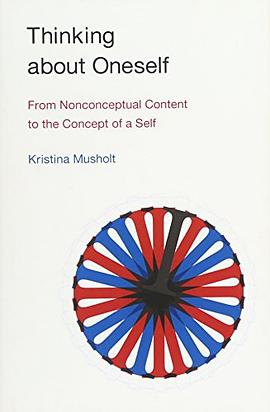

具體描述
In this book, Kristina Musholt offers a novel theory of self-consciousness, understood as the ability to think about oneself. Traditionally, self-consciousness has been central to many philosophical theories. More recently, it has become the focus of empirical investigation in psychology and neuroscience. Musholt draws both on philosophical considerations and on insights from the empirical sciences to offer a new account of self-consciousness—the ability to think about ourselves that is at the core of what makes us human.
Examining theories of nonconceptual content developed in recent work in the philosophy of cognition, Musholt proposes a model for the gradual transition from self-related information implicit in the nonconceptual content of perception and other forms of experience to the explicit representation of the self in conceptual thought. A crucial part of this model is an analysis of the relationship between self-consciousness and intersubjectivity. Self-consciousness and awareness of others, Musholt argues, are two sides of the same coin.
After surveying the philosophical problem of self-consciousness, the notion of nonconceptual content, and various proposals for the existence of nonconceptual self-consciousness, Musholt argues for a non-self-representationalist theory, according to which the self is not part of the representational content of perception and bodily awareness but part of the mode of presentation. She distinguishes between implicitly self-related information and explicit self-representation, and describes the transitions from the former to the latter as arising from a complex process of self–other differentiation. By this account, both self-consciousness and intersubjectivity develop in parallel.
著者簡介
Kristina Musholt is Professor of Cognitive Anthropology at the Department of Philosophy at Leipzig University.
圖書目錄
Introduction xi
1 Setting the Stage: The Problem of Self-Consciousness 1
1.1 Introduction 1
1.2 The Traditional Subject–Object Model and Its Failure 3
1.3 Prereflective Self-Consciousness 5
1.4 Analyzing the Use of “I” 7
1.5 The Problem of Self-Consciousness Returns 20
2 Nonconceptual Content 25
2.1 Introducing the Notion of Nonconceptual Content 27
2.2 Why Do We Need Nonconceptual Content? 29
2.3 State Nonconceptualism or Content Nonconceptualism? 35
2.4 Nonconceptual Content as a Form of “Knowledge-How” 37
2.5 Conclusion 42
3 Self-Representationalist Accounts of Nonconceptual Self-Consciousness 45
3.1 Self-Representationalist versus Non-Self-Representationalist Accounts 45
3.2 The First Person in Perception 47
3.3 The First Person in Bodily Awareness 51
3.4 Arguments against the Self-Representationalist Approach 55
3.5 Conclusion 75
3.6 Coda: On the Neuroscience of Self-Consciousness 76
4 Toward a Non-Self-Representationalist Account 79
4.1 Selflessness and Immunity to Error through Misidentification 80
4.2 Non-Self-Representationalism and the Sense of “Mineness” 84
4.3 Immunity Reconsidered: Which Kind of Immunity? 86
4.4 Conclusion 94
vi Contents
5 From Implicit Information to Explicit Representation 97
5.1 Implicit versus Explicit Representation 99
5.2 From Implict Information to Explicit Representation: Representational Redescription 100
5.3 Explicit Representation, Conscious Access, and (Non)Conceptual Content 110
5.4 Summary and Conclusion: Explicit Representation, (Non)Conceptual Content, and Self-Consciousness 113
6 Self and Others, or The Emergence of Self-Consciousness 115
6.1 Historical Prelude 116
6.2 Arguments for the Constitutive Relation between Self-Consciousness and Intersubjectivity 120
6.3 Levels of Self- and Other-Representation 125
6.4 Which Theory of Mind? Toward an Integrative Approach 138
6.5 The Parallelism between Understanding Self and Other in Normal Development and Autism 143
6.6 Summary and Conclusion 146
7 Self-Consciousness in Nonhuman Animals 149
7.1 Mirror Self-Recognition 150
7.2 Mindreading 151
7.3 Metacognition 153
7.4 Conclusion 157
8 Conclusion and Questions for Future Research 159
8.1 Putting the Pieces Together 159
8.2 Open Questions 164
Notes 167
References 183
Index 205
· · · · · · (收起)
讀後感
評分
評分
評分
評分
用戶評價
相關圖書
本站所有內容均為互聯網搜索引擎提供的公開搜索信息,本站不存儲任何數據與內容,任何內容與數據均與本站無關,如有需要請聯繫相關搜索引擎包括但不限於百度,google,bing,sogou 等
© 2025 book.quotespace.org All Rights Reserved. 小美書屋 版权所有

